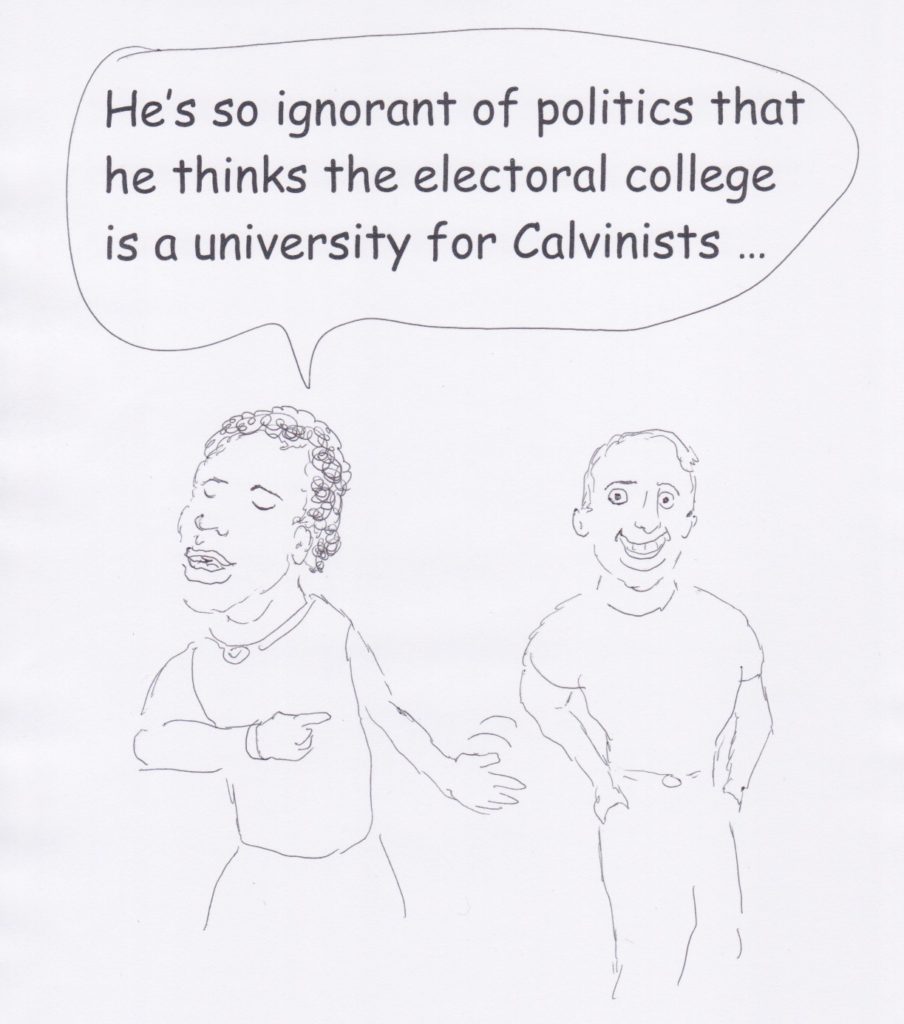The
church in Antioch spearheaded the mission to the rest of the world beyond Judea.
Nearly all Christians today, and certainly all Gentile Christians, have spiritual
roots in this church in Syria. Apart from this mission, the church could have
been stillborn in the first century, had the Holy Spirit allowed such a thing
to happen.
But
the Antioch church’s mission began as an accident—or better yet, simply grew
naturally. Once it began, however, the church became intentional about carrying
out the task further.
Some
of the first followers of Jesus were apparently ready to wait for God’s kingdom
in Jerusalem—until Saul of Tarsus began persecuting the church there (Acts 8:3).
Then the believers from there were scattered (8:4), and the Greek-speaking, immigrant
Jewish believers in Jerusalem scattered to other places where they could speak
Greek. Although rural Syria spoke Aramaic, the dominant language in cosmopolitan
Antioch was Greek.
Eager
to share their experience with others, these scattered, bicultural believers became
unintentional missionaries (11:19-20). International migrations today often
spread the gospel also. In some Western nations where traditional Christianity
has been on the decline, for example, African, Asian and Latino/a Christians are
growing new, evangelizing churches.
Unintentional
missionaries—Christians scattered due to persecution but sharing Christ where
they traveled—started the first house-churches in Antioch (Acts 11:19). These
first Antioch Christians, living and working among Gentiles as well as Jews,
began sharing the gospel with Gentiles (Acts 11:20). (The likeliest Greek
reading of 11:20 speaks of “Hellenists,” a term used earlier for Greek-speaking
Jews in Jerusalem in 6:1. Here, however, Hellenist Gentiles were in view—Greek-speaking
Syrians.) Thus it was not surprising that they would eventually consider
evangelizing Gentiles elsewhere. In fact, they embraced among them a former
leader of the persecution that scattered them to begin with: Saul of Tarsus
(Paul), who now had a call to evangelize the Gentiles (Acts 11:26).
Antioch
was the major cosmopolitan center of the eastern Roman Empire, attracting a
wide range of people from various parts of the Empire. Antioch’s various
residents, already experiencing geographic and cultural transition, often
tended to be more open to new ideas than those who had remained for a long time
in their traditional location. Ministering to such a wide range of immigrants,
the leaders of the Antioch church reflected similar diversity among themselves.
The
leaders of the church were prophets and teachers (Acts 13:1). (Some think that
the first three names, including Barnabas, were prophets, and the last two were
teachers; but Barnabas also taught, according to 11:26. Probably all had both
gifts, although they may have varied in their emphases.) Some of these leaders
presumably came from Jerusalem (11:27), including Barnabas (11:22). Most,
however, at least had significant cross-cultural backgrounds. For example,
Barnabas, though from Jerusalem most recently, was originally from Cyprus (4:36);
he probably had ties with some of the Cypriotes who helped evangelize Antioch
initially (11:20).
Besides
Barnabas, the leadership team included Simeon called “Niger” (13:1). Simeon was
a common Jewish name, and “Niger” a common Roman name, which could suggest that
he was a Jewish Roman citizen like Paul. But in this case, the expression “who
was called Niger” differs from the other names in the list, perhaps suggesting
a nickname. In this case, it would be meant descriptively: “Simeon the Dark” or
“Simeon the Black,” observing his dark complexion, perhaps from northern
Africa.
Less debatably, Lucius was explicitly from Cyrene in North Africa (13:1), and thus was perhaps one of the original founders of the Antioch church (11:20). Cyrene was in an area earlier settled by Phoenicians, with indigenous North African inhabitants and many Greek and Jewish settlers (sometimes estimated at one-third each). The culture included a mix of these various elements. “Lucius” was a common Greek name, but non-Greeks also used Greek names in places where Greek was spoken. Many non-Jews converted to Judaism, so we do not know the ethnic background of Lucius’s ancestors.
Between
Lucius from North Africa and Simeon the Dark one may find significant African
representation in leadership in this Greco-Asian church. (Greeks and Romans
considered both Judea and larger Syria to be in Asia, so the entire leadership
team likely comes from Asia and Africa. Europeans and their descendants should
not feel left out, however, since in Acts Paul is eager to preach in Rome, and
Romans 15 shows that he also wanted to evangelize Spain.)
Perhaps
of special interest to many African-American Christians, the list may also
include those descended from slaves. That Manaen was “brought up with” Herod
Antipas could mean that he was a playmate from another noble family, but it
could also suggest that he was a family servant. In that culture (as opposed to
U.S. history) an aristocratic family’s servant could wield great social power
and wealth, whether before or after being freed. Often aristocrat boys freed
their servant playmates when both grew up, providing them powerful positions.
In
Manaen’s case, this is merely a possibility. In Saul’s (Paul’s) case, however,
it is likely. A majority of Jews who were Roman citizens were so because their
ancestors had once been slaves in Rome. (In the first century BCE, Rome
enslaved many Judeans and brought them to Rome.) Once a Roman citizen freed a
slave under certain conditions, that slave became a Roman citizen, as did the
slaves’ descendants.
Saul of Tarsus was probably one of the Cilicians who belonged to the synagogue of Freedpersons in Acts 6:9. The term translated Freedpersons there designates those freed by Romans, hence signifying this synagogue as a prestigious institution in Jerusalem—a congregation started by Jewish Roman citizens. Acts 6:9 notes that this synagogue of Freedpersons included Jewish people from various locations (including Cilicia, where Tarsus was, and where Saul’s ancestors may have migrated from Rome). It thus seems likely that Paul was a Roman citizen (16:37) because, several generations earlier, his ancestors were slaves in Rome.
In any case, this list of leaders shows a great diversity of backgrounds. What matters more than all the differences, though, is what binds them together. These leaders worship God, praying and fasting, and are ready to hear His call when He speaks (Acts 13:2). Whatever our diverse backgrounds on other points, the one God we serve unites us by his Spirit. This diverse, cosmopolitan church, with its diverse leadership team, birthed a vision that Jesus had already imparted in Acts 1:8. Empowered by the Spirit, two emissaries from this church were preparing to reach the world!



